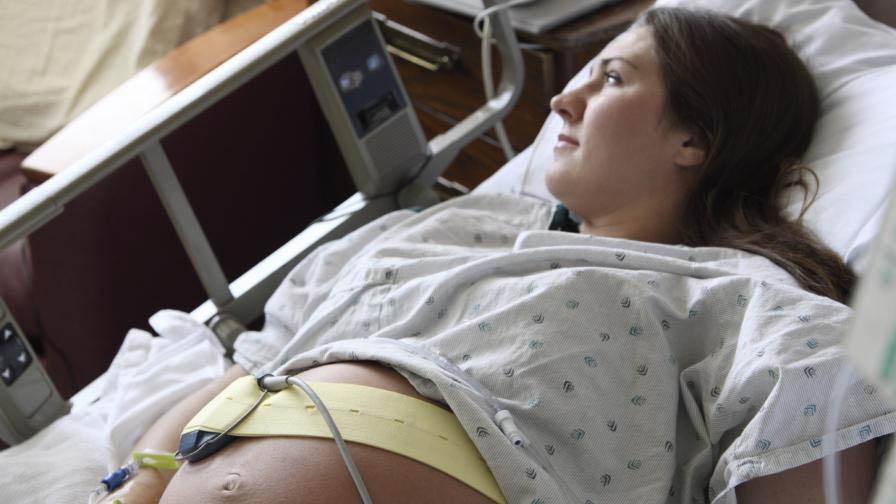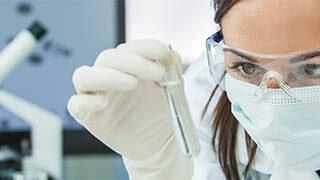
Discovering the importance of folic acid for spina bifida prevention
Women trying to become pregnant are now routinely advised to take folic acid supplements to prevent spina bifida and the number of cases in the UK has dramatically reduced. These days it is estimated that six babies out of every 10,000 is affected by spina bifida in the UK, however in the 1960s that number was over five times higher.
Spina bifida is part of a group of birth defects called neural tube defects. The neural tube is the embryonic structure that develops into the baby's brain and spinal cord and the tissues around them. This normally forms early in pregnancy. In babies with spina bifida, a portion of the neural tube fails to develop or close properly, causing defects in the spinal cord and in the bones of the backbone. Babies that survive can suffer from hydrocephalus (water on the brain) and be left with disabilities.
Action Medical Research has a long history of supporting research into spina bifida, starting in the 1960s when the charity gave two grants to Professor Richard Smithells to expand a register of babies born with birth defects in Liverpool. This register enabled him to identify babies born with spina bifida.
Over the next two decades the evidence built-up and, with further funding from Action in the 1970s, Professor Smithells and his team were able to establish a link between taking vitamin supplements during and before pregnancy and conditions such as spina bifida in babies.
Funding from Action in the 1980s supported the first small scale clinical study investigating if neural tube defects could be prevented by taking vitamin supplements in pregnancy. The positive results of this trial paved the way for larger clinical studies, leading to a major trial in 1991 funded by the Medical Research Council (MRC) that showed that folic acid can prevent spina bifida in up to seven out of ten cases.
Today, women trying to become pregnant are routinely advised to take folic acid supplements.

